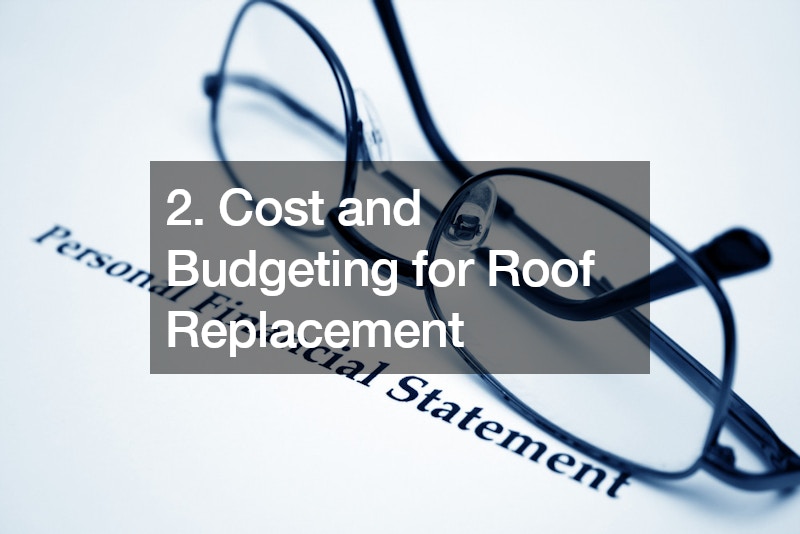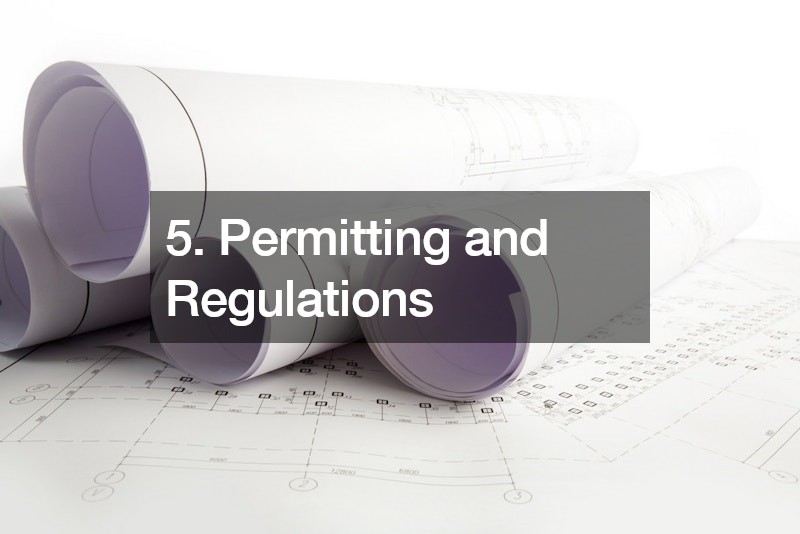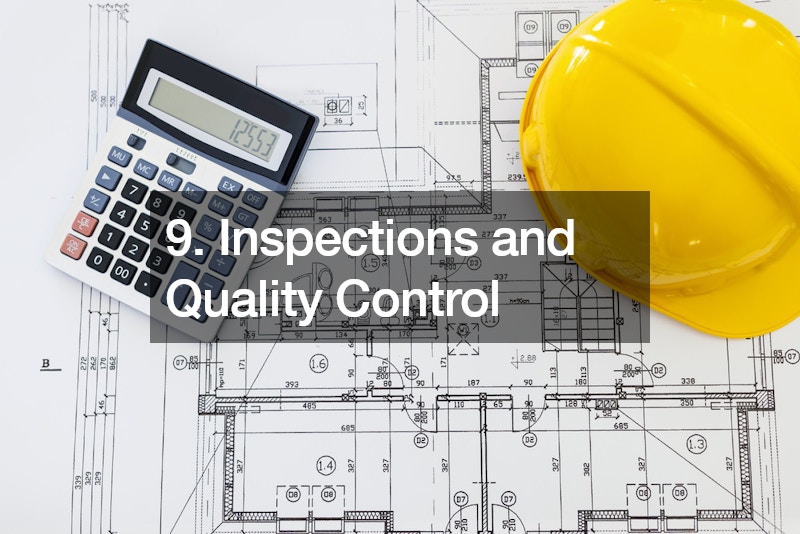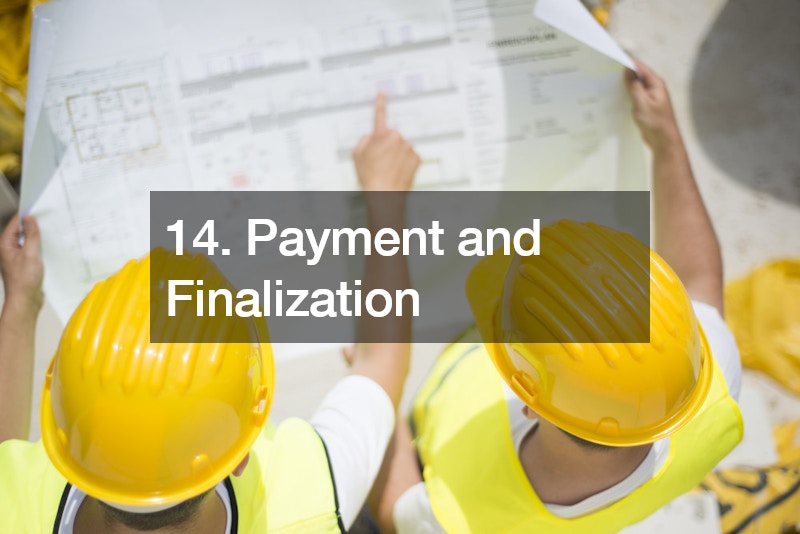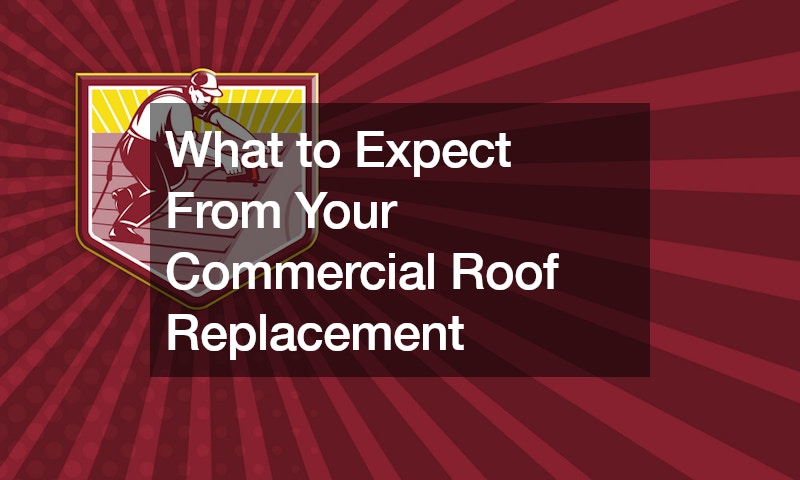In this article, we will discuss important issues and expectations regarding commercial roof replacement.
1. Evaluating the Need for Commercial Roof Replacement
Assessing the need for roof replacement is crucial in ensuring the safety and integrity of your building. Look for signs of roof damage such as leaks, cracks, or missing shingles. A thorough inspection by a commercial roofing expert can help determine if replacement is necessary.
Considerations for replacement include the age of the roof, extent of damage, and cost of repairs versus replacement. In some cases, it may be more cost-effective in the long run to opt for a full replacement rather than continual repairs.
Roof replacement is a significant investment, but it is essential for maintaining the value and functionality of your property. Working with a reputable roofing company can help you make the best decisions for your specific situation.
2. Cost and Budgeting for Roof Replacement
Several factors can impact the cost of roof replacement, including the size of the roof, materials used, and extent of damage. It is essential to create a detailed budget that includes all potential expenses, such as labor, materials, and permits.
When budgeting for commercial roof replacement, it is important to consider long-term costs and benefits. Investing in high-quality materials and expert roofers may require a larger upfront cost but can save money on roof repair and maintenance in the future.
Local roofing companies can provide accurate cost estimates and help you create a budget that meets your needs. Be sure to obtain multiple quotes and compare the services offered by different roofers to find the best fit for your project. If your building has suffered recent storm damage, contact your commercial insurance agency to ensure that you use a contractor that will work with them directly, ensuring your work is covered. Be sure to sort out all of your business and storm damage insurance details and intricacies before putting money into your project.
3. Choosing the Right Roofing Materials
There are several roofing material options available for commercial buildings, including metal, EPDM, TPO, and built-up roofing. Each material has its advantages and disadvantages in terms of durability, cost, and energy efficiency.
When choosing roofing materials for your commercial roofing replacement, consider factors such as climate, building design, and budget. Working with a roofing contractor can help you select the best material for your specific needs and preferences.
Expert roofers can provide guidance on the benefits of each material option and help you make an informed decision. By choosing the right roofing material, you can ensure longevity and performance for your new commercial roof.
4. Hiring a Commercial Roofing Contractor
Researching potential commercial roofing contractors is essential in finding a reputable and experienced contractor for your project. Look for local roofers with a proven track record of quality work and customer satisfaction.
During consultations with roofing companies, ask about their experience, certifications, and insurance coverage. A reliable roofing contractor should be able to provide references and answer any questions you have about the roof replacement process.
Choosing the right roofing contractor is crucial to the success of your commercial roof replacement. Expert roofers can ensure proper installation, quality workmanship, and adherence to industry standards and regulations.
5. Permitting and Regulations
Understanding local building codes and regulations is essential for obtaining necessary permits for your commercial roof installation job. Local roofing companies are familiar with permit requirements in your area and can assist in securing permits for your project.
Before starting any roofing work, make sure you have all required permits in place to avoid delays or fines. A reputable roofing contractor will be knowledgeable about local regulations and ensure that your project is in compliance with all requirements.
Working with a licensed and insured roofing contractor is essential for protecting your property and ensuring that the project meets safety and quality standards. Be sure to verify the credentials of any roofing company before hiring them for your roof replacement.
6. Scheduling and Timeline
Setting realistic expectations for the timeline of your roof replacement is important in managing project deadlines. Discuss scheduling with your roofing contractor to ensure that the project stays on track and is completed in a timely manner.
Factors such as weather, material availability, and labor resources can impact the timeline for your roof replacement. Be prepared for potential delays and work with your roofing company to develop a flexible schedule that accommodates unforeseen challenges.
By working closely with your roofing contractor and maintaining open communication, you can help ensure that your commercial roof installation job is completed on schedule and meets your expectations.
7. Preparing the Building for Roof Replacement
Prior to the start of your commercial roof installation job, it is important to clear the work area of any obstacles or debris that could impede the progress of the project. Make sure that access to the roof is clear and that workers have a safe and unobstructed path to the work site.
Protecting interior spaces during roof replacement is essential in preventing damage to your property. Cover valuable items and equipment with tarps or move them to a secure location to avoid potential harm from falling debris or dust.
By preparing the building for roof replacement, you can help ensure that the project runs smoothly and is completed efficiently. Working with a professional roofing contractor can help minimize disruption to your business operations during the replacement process.
8. Tear-Off and Installation Process
The tear-off process involves removing old roofing materials to prepare the roof deck for installation of the new roofing system. Expert roofers will carefully remove existing materials, inspect the roof deck for damage, and make any necessary repairs before installing new roofing materials.
Installing a new roofing system involves placing underlayment, insulation, and the selected roofing material on the roof deck. Expert roofers will follow manufacturer guidelines and industry best practices to ensure proper installation and optimal performance of the new roof.
During the tear-off and installation process, it is important to maintain a clean and organized work site to prevent accidents and ensure efficiency. Working with skilled roofers can help ensure that the tear-off and installation are completed safely and according to your specifications.
9. Inspections and Quality Control
After the installation of your new commercial roof, it is important to conduct thorough inspections to ensure that the work was completed to industry standards. Expert roofers will inspect the roof for any issues, such as leaks, improper installation, or damage, and address them promptly.
Ensuring proper installation of your commercial roof is essential in preventing future damage and maintaining the longevity of the roof. Expert roofers will perform quality control checks to verify that all work was completed correctly and meets your expectations.
If any issues are found during inspections, your roofing contractor should address them promptly to prevent further damage and ensure customer satisfaction. By conducting thorough inspections and quality control checks, you can have peace of mind knowing that your new commercial roof is built to last.
10. Safety Measures During Roof Replacement
Protecting workers and property during commercial roof replacement is essential in preventing accidents and injuries. Expert roofers will follow safety protocols and guidelines to ensure a safe work environment for all individuals involved in the project.
Emergency preparedness is important in case of unexpected events during roof replacement, such as severe weather or accidents. Your roofing contractor should have a plan in place to address emergencies and ensure the safety of workers and property.
By working with a reputable and safety-conscious roofing contractor, you can help minimize risks and ensure a smooth and incident-free roof replacement process. Prioritize safety during your commercial roof replacement to protect your investment and the well-being of those involved in the project.
11. Maintenance and Warranty Information
After the completion of your commercial roof replacement, it is important to follow recommended maintenance practices to ensure the longevity and performance of your new roof. Regular inspections, cleaning, and minor repairs can help prevent damage and extend the lifespan of your roof.
Understanding warranty coverage for your new commercial roof is essential in protecting your investment and ensuring peace of mind. Your roofing contractor should provide detailed information on warranty terms, coverage, and procedures for filing claims if needed.
By following recommended maintenance practices and understanding warranty information, you can protect your new commercial roof and maximize its lifespan. Working with a reputable roofing contractor can provide you with the expertise and support needed to maintain your roof in top condition.
12. Dealing with Unexpected Challenges
Unexpected challenges, such as weather delays or hidden damage, can arise during a commercial roof installation job. Local roofers are experienced in handling unforeseen issues and can provide solutions to keep the project on track.
Coping with weather delays may require adjustments to the project schedule or additional resources to expedite the work. Expert roofers will communicate openly with you about any challenges and work together to find solutions that meet your needs.
If hidden damage is discovered during roof replacement, your roofing contractor should address the issue promptly and provide options for repair or replacement. By addressing unexpected challenges quickly and effectively, you can ensure a successful outcome for your commercial roof installation job.
13. Post-Installation Cleanup
After the completion of your commercial roof replacement, it is important to remove debris and perform a final inspection of the work site. Expert roofers will clean up the area, dispose of waste materials responsibly, and ensure that the property is left in excellent condition.
Removing debris promptly after roof replacement can prevent accidents and injuries on the work site. A final inspection will help ensure that the project was completed to your satisfaction and that all work meets industry standards and regulations.
By completing post-installation cleanup and final inspections, you can close out the project with confidence and enjoy the benefits of your new commercial roof. Working with a reputable roofing contractor can help ensure that the cleanup process is thorough and effective.
14. Payment and Finalization
Reviewing invoices and ensuring that all work has been completed to your satisfaction is important before finalizing payment for your commercial roof replacement. Expert roofers will provide detailed invoices outlining labor, materials, and any additional expenses associated with the project.
Obtaining completion documentation, such as warranty information, permits, and inspection reports, is essential for closing out your commercial roofing replacement project. Your roofing contractor should provide you with all necessary paperwork and ensure that you have a clear record of the work completed.
By reviewing invoices, obtaining completion documentation, and finalizing payment, you can complete your commercial roofing project with confidence and peace of mind. Working with a reliable roofing contractor can help ensure that all aspects of the project are handled professionally and to your satisfaction.
15. Customer Satisfaction and Feedback
Evaluating the performance of your roofing contractor and providing feedback for improvement is important for ensuring customer satisfaction. Local roofers rely on feedback to continually improve their services and address any concerns or issues that may arise during a project.
Providing feedback on your experience with a roofing contractor can help them better serve future clients and maintain a high standard of quality in their work. Take the time to share your thoughts and experiences to support your local roofing company and inform others in need of roofing services.
By evaluating contractor performance and providing feedback on your commercial roofing project, you can help improve the quality of services offered by local roofing companies. Your input is valuable in shaping the future of the roofing industry and ensuring that customers receive the best possible experience. Don’t forget to mention key details in your reviews, such as communication job, estiate accuracy, response times, and more.
By understanding these key aspects of commercial roof replacement, you can ensure a smooth and successful project that meets your needs and expectations. Working with local roofers and a reputable roofing contractor can help you navigate the process with confidence and achieve a high-quality result for your commercial property.
